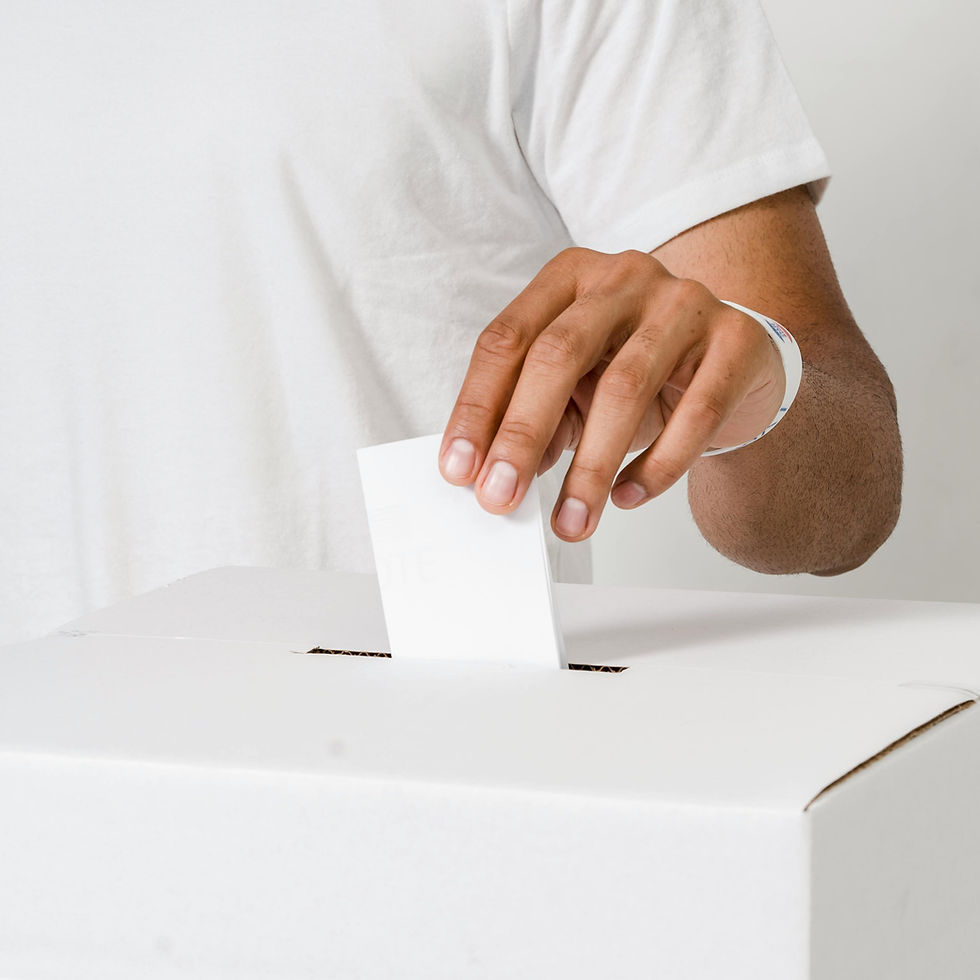How to become Net Zero Sport aware in 2023
- Annabel Sides
- Apr 13, 2023
- 4 min read
Updated: Apr 15, 2023
Learning by Reading + Listening + Aligning + Sharing
Sport is a major contributor to the economy of our Nation, generating around $50 billion each year and accounts for 2-3% of Australia’s GDP. Fourteen million Australians participate in sport annually, 1.8 million volunteer 158 million hours each year, and 220,000 are employed across the sector.[1] Sport provides physical and mental health benefits across all populations.
In the world of sport, we innovate frequently. We use science, technology, neuroscience, communications and much more to deliver experiences and environments that provide a playground. A playground for athlete performance, for gold medals, world records and championship points, for community sport, for AusKick and MiniRoos, for junior, senior and mother groups teams and for fans, experiences and spectacles that capture our hearts and minds.
This playground is under threat from climate change.
The ripple effect of climate change on our playgrounds has financial, social, equity and health impacts.
With every degree of warming we face changes to climate systems that result in the magnification of weather events. In Australia this means, storm events, flooding, bushfire threat, bushfire smoke impacting air quality, lightning strikes, heat waves, shorter snow seasons and less snow depth and receding of snow line to higher altitudes where sport is delayed, rescheduled or cancelled because it is not safe for participants or spectators or, there has been resultant infrastructure loss or damage, such as prolonged periods of drought creating unsuitable playing surfaces. The overall result is less participation opportunities. With less participation opportunities the equity of access will be impacted and the health benefits (physical and mental) of participation will also be impacted. The impact will be disproportionate and it is those who need these benefits most who will be impacted first and worst.
Our high performance and entertainment venues and events may have the financial means to adapt, if, they have already implemented or have planned for adaptive principles e.g. smart lighting, energy storage, cleaner transit connections, spectator fans and misters, shifts in scheduling and accommodations for longer drink breaks and cooling periods. Community facilities and clubs just don't have this capacity. In Australia a combined approach by all levels of government and private sector partners needs to ensure community sport is being catered for.
Globally we are in a Race, we are all the particpants, to reduce climate change, pollution and restore nature. Reducing the intensity of sports emissions and locking in emissions targets is a critcal part of this. It can be a daunting task. It brings with it a whole new language that can well, sort of make your head spin...
….carbon abatement, net zero, carbon neutrality, scope 1, 2 and 3, carbon positive, decarbonisation, transition, just transition, 1.5 degrees, greenhouse bases, anthropogenic emissions, carbon budget, carbon cycle, carbon sequestration.…..
Our heads in sport have spun before as we have embarked on new innovations and social impact projects, when we have been required to apply new legislation and policy. So, we can, like before, shift gear and make the switch to a cleaner game. We can innovate, redefining our playground, to deliver with greater environmental responsibility. We can use our platform to advocate for others to do the same.
We can learn by reading examples
Johan Cruijff Arena in Amsterdam is powered by Nissan Leaf new and used electric vehicle batteries
The MCG is powered by 100% renewable energy, becoming the first major Australian stadium to do so in 2022.
The Resilient Club Support Program an initiative of Brisbane City Council and the Brisbane Sustainability Agency has “saved 1,260 tonnes of CO2 emissions annually (estimated) and saved clubs approximately $398,980 on energy and water costs in total per year (estimated), representing an estimated return on investment period based on lighting, solar and plumbing works alone of 4.1 years.”
Extreme E (#racefortheplanet) and Sail GP (#poweredbynature) are sustainable sports entertainment brands, born to inspire through fast paced entertainment, to take climate action, to raise awareness of climate change and create social and environmental legacies at each competition location + oh so much more!
Following social media tags and sites can also help you learn some more. FrontRunners is a good Insta post series at the moment looking at decarbonisation in sport.
We can learn by Listening
Great podcasts include The Sustainability Report and Footy for Climate. When you get through these let me know and I can give you some more!
We can learn by Aligning to best practive
We can learn by aligning ourselves to frameworks like the UN Sports For Climate Action and IUCN Sports For Nature.
We can learn by Sharing
Come along to the Net Zero Sport Summit 2023. By attending industry collaborations you can network and share with like minded people and learn from those leading the way.
We can learn by Visioning
We are in the UN Decade of Action. By visioning a global, national and local future we can be part of a new era. An era of collaboration, restoration, regeneration and, of science. An era of becoming better ancestors.
If you are a community club or student and would like to attend the Net Zero Sport Summit 2023 however the price is a barrier please email annabel.greensports@gmail.com and we can support you to be able to attend.

[1] https://asf.org.au/the-benefits-of-sport




Comments